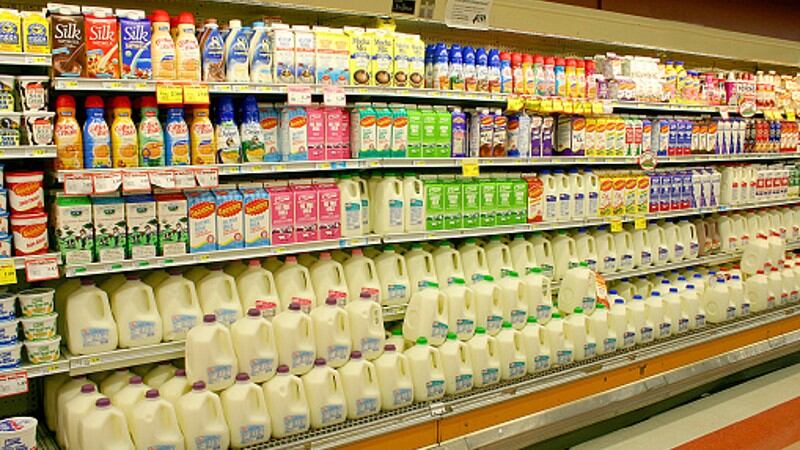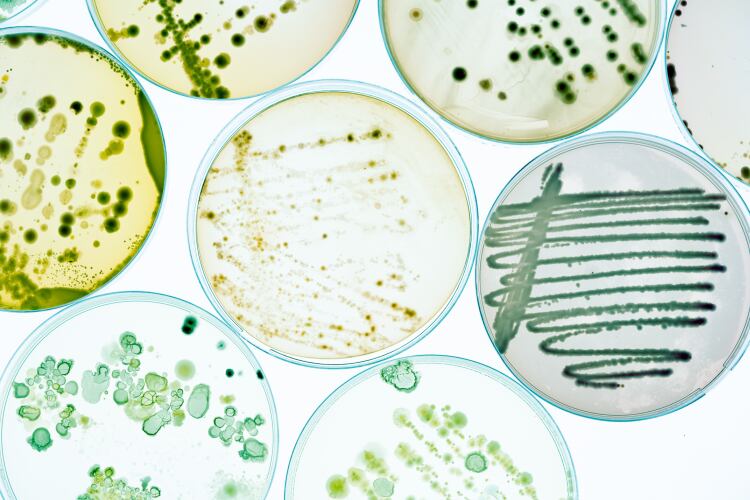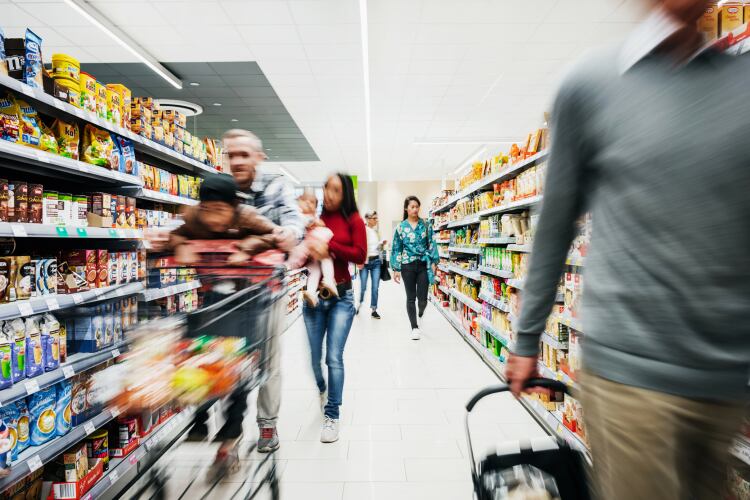The United Nations’ 17 Sustainable Development Goals (SDGs) are designed as a ‘blueprint to achieve a better and more sustainable future for all’.
“The Sustainable Development Goals are for all of us. They are global. All of humanity basically has signed up for these. Zero hunger and food security is at the heart of the work,” Amir Mahmoud Abdulla, Deputy Executive Director World Food Programme (WFP), said today at the GFSI Conference taking place in Barcelona this week.
However, he warned, new challenges to food security are impacting availability and safety. “We see that with the recent impact of COVID-19, conflict, climate change and what’s going on in Ukraine, a lot of the gains that we’ve seen over the previous decade have been lost. I don’t think we could have imagined the size and scale of these needs.”
Food safety and security go hand-in-hand, the WFP director noted. “An important part of getting to zero hunger is making sure that the food getting to people is safe and of high quality. With emergencies, we’re operating at a pace that’s a challenge. We need to get food to people as quickly as possible, but without compromising on safety.”
Linking food safety to the SGDs
A global structural shift in the food industry means that demand for the world’s food supply continues to grow. This is happening alongside the urgent need to preserve the planet, the requirement to shift to more sustainable production and consumption patterns, as well to make the food system less fragile and unequal, the GFSI noted.
This transition toward a more sustainable food system needs to be achieved while also combatting food fraud and managing the impacts of climate change.
Due to their relation to food safety, GFSI said the following SDGs are of particular interest:
- SDG 1 & 2: No Poverty and Zero Hunger. “Food security and the end of poverty cannot be achieved without safer food. More is needed to strengthen capacities through the food system safety management of food business operators everywhere,” GFSI said.
- SDG 12: Food waste and management of chemicals. “There is at times a challenge to maintain food safety whilst reducing food waste. Food safety must also be maintained while keeping control of the contaminants that come from plastic recycling,” the CGF initiative noted.
- SDG 6: Good water and sanitation. “How can we maintain food safety while increasing water re-use?” the organisation asked.
“GFSI is committed to collaborating with the UN. It’s a key part of our strategy and has been for years. GFSI wants to build food safety capability around the world so that consumers have access to safe food and companies have access to the global market,” Dirk Van de Put, Chairman and Chief Executive Officer of Mondelēz International, told the event.
Collaboration and consultation
Collaboration is key, the GFSI believes.
“If you look at what we’re trying to do on both fronts and at the same time meeting our other commitments, particularly to consumers, it is very important for us to have collaboration. We created this forum called the Government-to-Business (G2B) Forum, where we are getting UN agencies and regulators around the table. We think through that collaboration we can do more than is written in our respective food safety strategies," Van de Put told the audience.
GFSI, a landmark programme of The Consumer Goods Forum (CGF), has also launched a campaign to collate the views of the food safety community on what action is needed to achieve the Sustainable Development Goals (SDGs) that are linked to food safety.
GFSI hopes that by deepening engagement with the food safety community it can unpick what role it can play in supporting retailers, manufacturers and suppliers in furthering the SGDs and increasing access to safe and secure food supplies. The body’s fresh outreach programme is an important plank of this drive and the results of the consultation will be shared on World Food Safety Day on 7th June. This timing reflects GFSI’s ongoing commitment to collaboration with WHO, FAO and Codex to help inspire positive change around behaviours, policy and practice. This year’s theme is 'Safer food, better health'.
GFSI is urging even greater collaboration between the public and the private sectors, to strengthen the collective contribution to achieving the SDGs by 2030 and making a positive impact on food systems by working together to ensure better food safety management systems.
Sharing insight enables stakeholders across food safety to continually raise the bar and helps build trust with consumers and partners. This means companies, policymakers, IGOS, NGOs, academics and other stakeholders around the world setting aside differences to work together and understand each other’s for a safe global food supply, GFSI maintained.
“To rise to the scale of the challenges ahead, the community must pull together and take action together to ensure safe food for people everywhere – building trust and transparency within the industry and protecting consumers,” Erica Sheward, Director of the Global Food Safety Initiative (GFSI), commented.
“Everyone has the right to safe, nutritious and nourishing food and we are committed to making food safety everyone’s business. We are calling on industry leaders from across the whole food sector to reflect together on how we can all go further to achieve the SDGs ahead of the 2030 deadline.”




